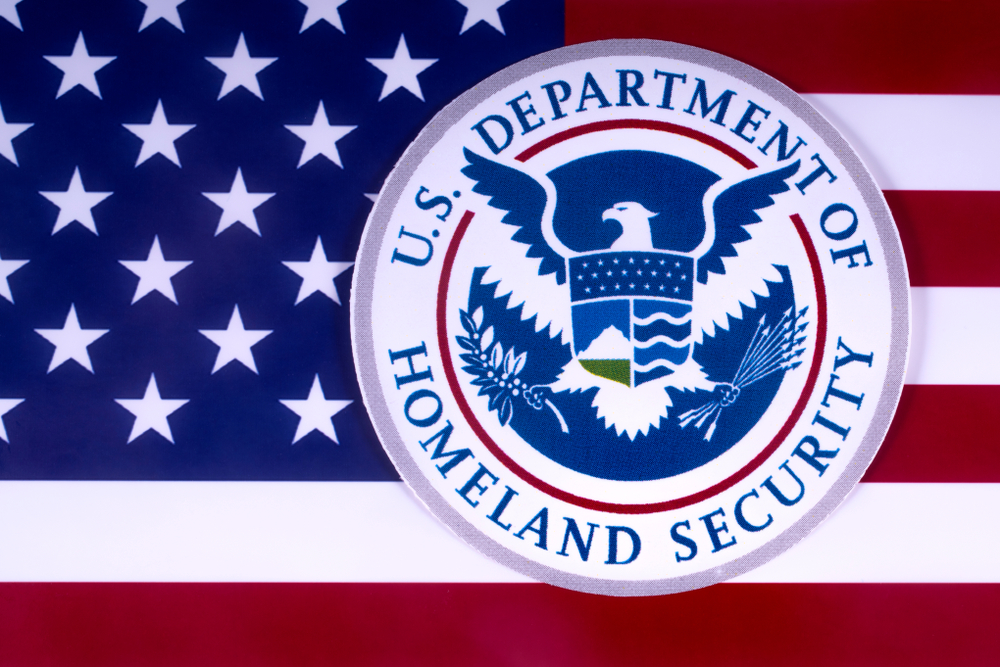
The U.S. House of Representatives has approved seven bills this week that aim to help the U.S. Department of Homeland Security (DHS) to better identify cyber threats, secure the nation’s borders, shore up transportation security and improve reporting systems for suspicious activity.
U.S. Rep. Michael McCaul (R-TX), chairman of the U.S. House Homeland Security Committee, said federal authorities must continue to “elevate and improve readiness and response” in the face of a dynamic threat environment.
“These bills enhance our transportation security, strengthen our cyber defenses, harden soft targets, improve suspicious activity reporting to prevent acts of terrorism,” McCaul said. “It is critical that DHS and its partners have every tool necessary to protect American citizens and I am glad to see the House act in a bipartisan manner on these national security bills.”
The House approved three additional bills last week that would respond to the opioid epidemic by establishing a Joint Task Force to stop illegal drugs from crossing U.S. borders, address security vulnerabilities in public spaces and improve technologies used by first responders.
“While we are taking positive steps towards combating the opioid epidemic that persists to destroy American lives, we must continue to do more,” McCaul said. “H.R. 5762 allows DHS to establish a Joint Task Force to help prohibit narcotics, such as fentanyl, and other synthetic opioids from entering the United States and strengthens partnerships between federal agencies and the private sector. Stopping the flow of illegal drugs into our country will allow for a stronger and more secure America.”
Additional bills approved by the House include the Enhancing Suspicious Activity Reporting Initiative Act, the Surface Transportation Security and Technology Accountability Act, the Transportation Security Technology Innovation Reform Act, the Securing Public Areas of Transportation Facilities Act, the DHS Industrial Control Systems Capabilities Enhancement Act, the Shielding Public Spaces from Vehicular Terrorism Act, and the Supporting Research and Development for First Responders Act.




